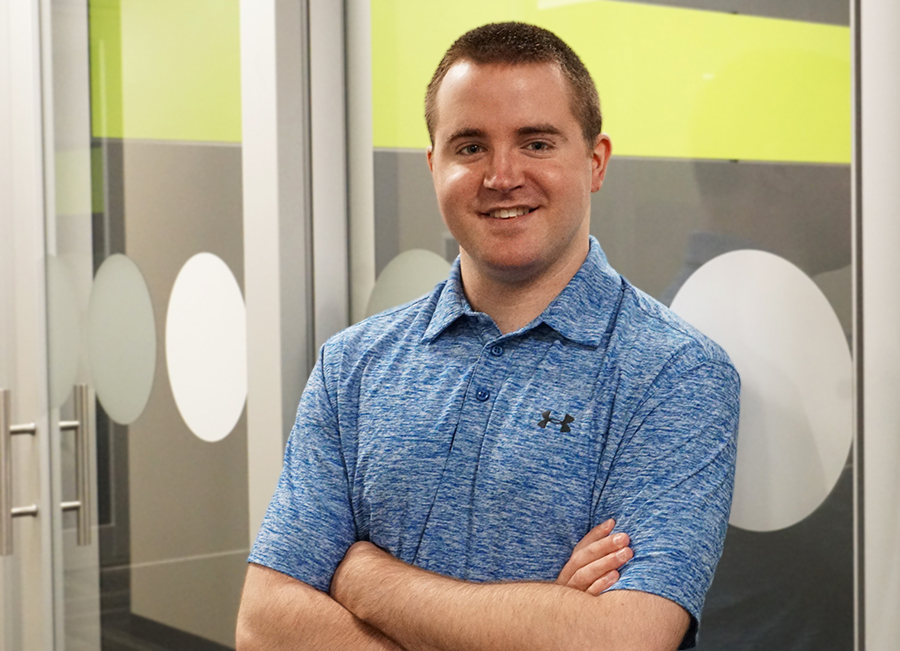July 20, 2019
Q: My dad has had a drinking problem for many years. Is it too late for him to change?
A: It’s absolutely never too late for anyone to adjust their behaviors and get well. Someone who’s developed decades-long patterns around drinking or other drug use definitely has challenges ahead of them, but that’s true of anyone looking to make a significant change in their lives.
In my experience as a coach, a person’s willingness to change has a lot to do with the options they’re presented. This is especially true when it comes to reducing substance use or pursuing addiction recovery.
Loved ones can make a big difference in this area. Sometimes I’ll meet with concerned family members who are very adamant that one method of support is the best one – whether it be 12-step meetings, inpatient treatment or other options. While there’s nothing wrong with being passionate about a specific pathway, it might not be a good fit for that individual. Additionally, that all-or-nothing approach may result in some resentment or pessimism and work against the change you’d like to see.
There are so many different options for wellness, and some will work better for individuals than others. For example, going to see a credentialed therapist or counselor might be unappealing to certain folks; they may not feel like they can relate to someone who hasn’t had those experiences themselves. For others, counselors are valued support systems who offer important insights.
My advice for someone who’s trying to positively influence their loved one toward wellness is to remain open and learn about as many support systems as possible. Try to remember that your idea of recovery may not be the only one – your father is going to have to decide that for himself.
Lastly, try to remain positive and encouraging throughout the process. You may be feeling angry or frustrated, which is very understandable, but your father is going to be a lot more confident in his wellness if he feels supported by the people around him.
If you’d like to learn more about ways you can support your loved one’s recovery, you can get in touch with a peer coach on our get started page. We can help you explore different wellness options and help you model and encourage change.

